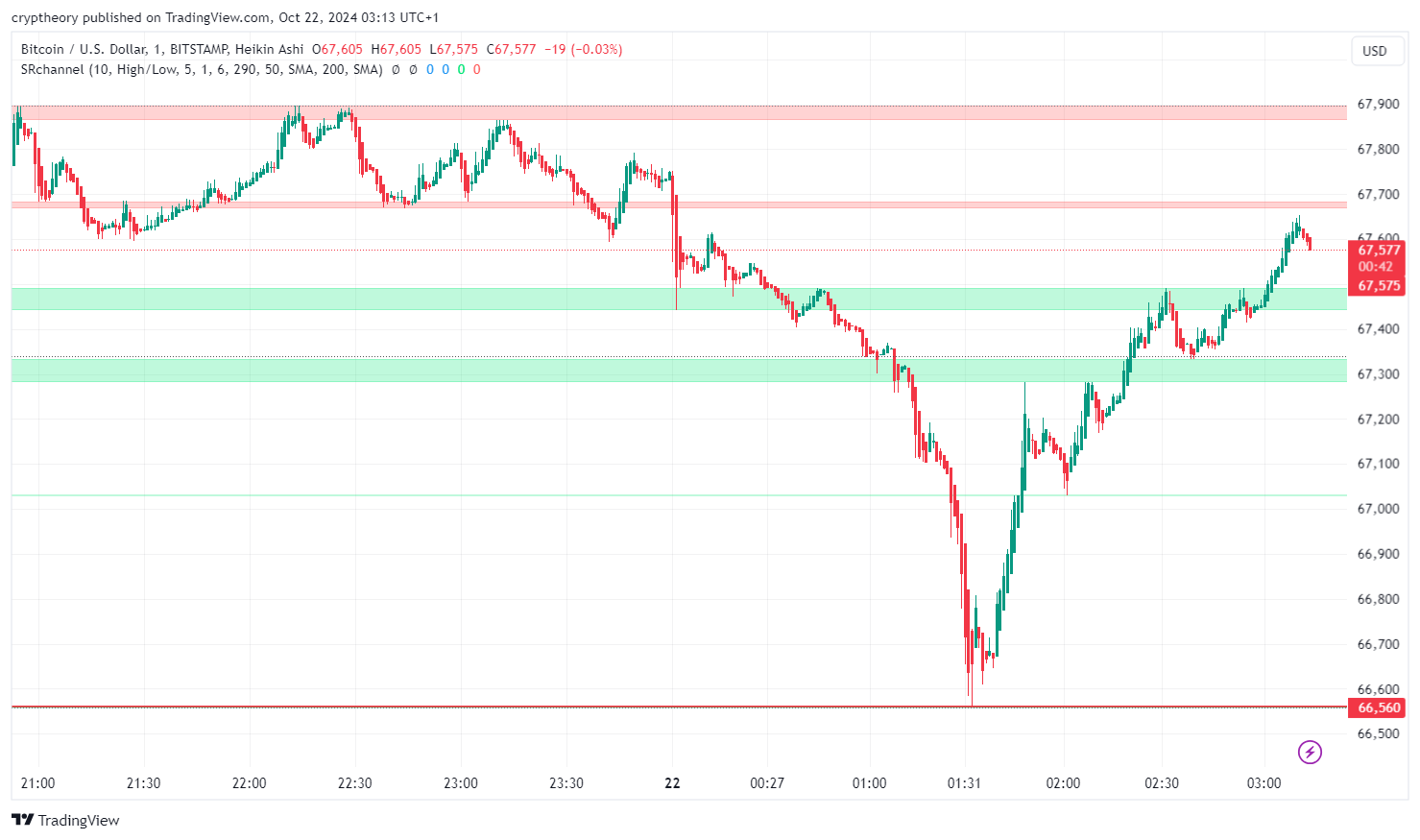The United States Department of Justice (DoJ) has announced the arrest of two individuals linked to the attack on the Bitfinex exchange. This is a couple who were arrested in New York on Tuesday morning (8).
Hackers Associated with Bitfinex Attack Arrested
Ilya Lichtenstein and his wife, Heather Morgan, 31, are both from New York. Along with them, the DoJ claimed to have seized around $3.6 billion worth of BTC.
The amount seized corresponds to 80% of the total stolen from Bitfinex in 2016. Coincidentally, this was the same amount moved by the addresses associated with the attack. The operations took place on February 1, a week before the arrest.
After the arrest, Lichtenstein and Morgan will be taken to federal court. The trial is scheduled for 3 pm in Manhattan (4 pm GMT).
Movement made tracking possible
According to Lisa O. Monaco, deputy attorney general at the DoJ, the movement of funds carried out by the hackers made the arrest possible. They moved 94,000 BTC in 23 transactions on Feb 1. As a result, they left traces, facilitating the action of the US authorities.
“In a futile effort to maintain digital anonymity, defendants laundered stolen funds through a maze of cryptocurrency transactions. Thanks to the painstaking work of law enforcement, the DoJ has once again shown how it can and will follow the money, no matter what it takes.”
In 2016, hackers broke into the Bitfinex platform and stole 119,754 BTC from the exchange. The DoJ said that since the attack, Lichtenstein and Morgan have carried out more than 2,000 transactions to launder the funds. Most of them sent cryptocurrencies to wallets controlled by Lichtenstein.
Over the past five years, approximately 25,000 BTC has been transferred out of the Lichtenstein wallet through a complicated money laundering process. Then some of the stolen funds being deposited into financial accounts controlled by Lichtenstein and Morgan.
The remainder of the stolen funds, comprising over 94,000 BTC, remained in the wallet used to receive and store the illegal proceeds from the attack. It was precisely this amount that hackers moved recently, drawing the attention of the authorities. As a result, search warrants were authorized by the court to investigate online accounts controlled by the couple.
Then the special agents gained access to files inside an online account controlled by Lichtenstein. These files contained the private keys needed to access the digital wallet that directly received the stolen funds. With the keys in hand, the agents recovered the 94,000 BTC.
Blockchain tracking
According to the complaint, Lichtenstein and Morgan employ numerous sophisticated money laundering techniques. Among the main ones are:
- using false identities to create online accounts;
- computer programs to automate transactions, causing many transactions to occur in a short period of time;
- depositing the stolen funds on a variety of exchanges and Deep Web markets;
- obfuscate the trace of transaction history;
- convert BTC to other cryptocurrencies, especially those focused on anonymity;
- use US-based business accounts to legitimize your banking activity.
Still, authorities were able to track down and recover the stolen funds. For Assistant Attorney General Kenneth A. Polite Jr., this shows the US advances towards identifying and tracking stolen funds
“Today, federal law enforcement demonstrates once again that we can track money through blockchain. We will not allow cryptocurrencies to be a safe haven for money laundering or a zone of lawlessness within our financial system.”
Lichtenstein and Morgan are charged with conspiracy to commit money laundering and federal fraud. If convicted, they could face a sentence of between five and 25 years in prison. On the other hand, the DoJ did not say what the fate of the BTC recovered in the operation will be.
Ledger Nano X Review and Where to Buy Nano X (2022)






















